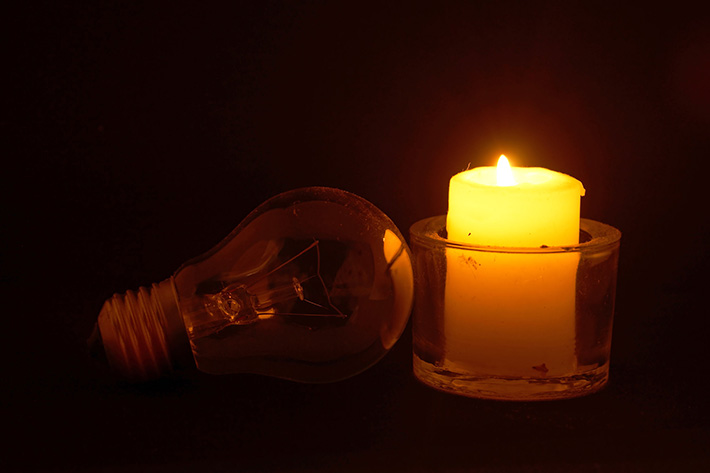Power outages are part of life, unfortunately. Part of living on the grid is the knowledge that the power and other utility items we rely on is often out of our control. The weather and other “acts of God” can send us into a blackout for days which doesn’t just mean the lights are out—the heat, the air conditioning, the refrigerator, and electric stoves and ovens don’t work. This means you could be in danger of freezing, overheating, and being without food for as long as an outage lasts. The answer is a generator, or backup power system.
Don’t skimp when it comes to generators. If you believe you’re going to need one, then take the time to do your research when shopping and be ready to shell out some money for a good quality generator that will last you. A secondary power generator will become the electricity powering your home when the power goes out, you don’t want it to fall in a time of emergency.
Below is some information on generators and how to safely use them.
Generator Location
A generator should never be run from inside, ever. Generators emit carbon monoxide and if they’re run from inside a garage or basement that can lead to fatal levels of carbon monoxide buildup in doors. Always place your generator outside, at least 15 feet away from any open windows so exhaust has the ability to drift away. Also keep in mind your neighbors, make sure the gas is not wafting into their homes either.
Keep Your Generator Dry
This can be hard during storms but position your generator in a dry covered outdoor area. Keep the generator out of directly wet conditions, especially when in use. This is also true for yourself. If you got wet during your walk over to the generator, make sure to dry yourself off completely before touching or otherwise operating the generator. This is a device that generates a lot of electricity, it can be dangerous when it comes into contact with water.
Connecting a Generator
Generators are not designed to run off your run of the mill wall outlet, they plug directly into an electrical panel. For this reason, an electrician who is properly trained and utilizing the necessary tools should be the one to do this for you. This electrician will also install an automatic transfer switch so you can make sure your power is switched off from the grid before turning your generator on, which is an import step for the safety of utility workers.
Related Questions
How do I make sure my generator still works?
Inspect generators regularly. You’ll want to be on the lookout for any cracks or apparent leaks. You should have a professional check your generator at least once a year to ensure it’s in good shape.
How much does a generator cost?
This depends on what you plan on doing with your generator. Small portable generators can be purchased for $200 while larger emergency generators can get well over thousands of dollars. It all depends on the amount of power you need.
Talk to a professional electrician about getting a generator installed at your home or business and be prepared for something that is unpredictable!
It is important that you choose the right generator for your home or business that will meet your needs and Bratcher Electric can help. We are a full-service electrical contracting firm that will answer your questions and make sure you make the right choice.
For over 60 years, we have offered a variety of electrical services to the residents and businesses throughout Michigan including new home wiring, generator service and installation, whole house fans, electrical code and service upgrades, surge protection, and much more. Call today for a Free Consultation!

